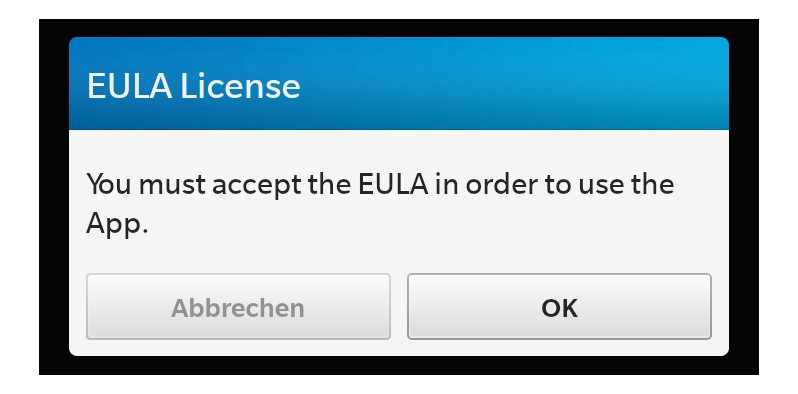Adobe is warning some users of its Creative Cloud software applications that they are no longer allowed to use older versions of the software. This is yet another example of how in the modern era, you growly don’t actually own the things you have spent your hard-earned money on. Adobe now began sending some users of its lightroom classic, Photoshop , Premiere, Animate, and Media Director programs a letter warning them that they will no longer be legally authorized to use the software that they may have thought they owned. Adobe said, “Please be ready that should you continue to use the discontinued version(s), you may be at risk of potential claims of infringement by third parties.” Adobe pivoted away from the standard software model to the cloud-based subscription model in 2013, as a result notably higher revenues and higher prices for customers. Adobe informed Creative Cloud subscribers that programs older than the two most recent version releases would no longer be available to download anymore. The list of the unauthorized versions of Photoshop is Photoshop: CC 18.1.6 and prior, CC 17, CC 16, CC 15, CC 14, 13.

Based on the information that Adobe provided, as well as previous complaints filed by third parties and it sounds as though the licensing agreement Adobe had for technologies inside select Creative Cloud programs has run out with whatever entities it was licensing it from.
Dolby’s lawsuit charged Adobe of copyright violations related to how the licensing costs. Adobe paid to Dolby would be calculated under this brand new model. In a statement to Motherboard, Adobe established the letter’s originality, but would not supply any extra detail beyond what was contained in the notices. It is another example of how the products we buy in this modern-day can also lose functionality or stop working entirely on a lark. Be it a game console that loses methods with a firmware update or entertainment software products that disappear, it’s a problem that’s increasingly popping up in the always-online era.
Dylan Gilbert is a very well known copyright expert with consumer group Public Knowledge, said in this instance users are not likely to have much in the way of legal recourse to the sudden changes. “Without Adobe having prevented the terms of its licensing agreement by this sudden discontinuance of support for an earlier software version, which is very unlikely, these impacts the end-users have to just grin and bear it,” Gilbert said. Gilbert also noted that users now live in a world in which consumers almost never actually own anything that contains particular software. In this new era, end users are being forced to agree to “take it or leave it” end the user license agreements (EULAs), in which the licensor only can change its terms of service without any notice.

“Even if Adobe is fully in the correct position in here with regard to the Dolby dispute, it has the power to force its users and customers to update to newer more expensive versions at its whim, which decorate the undue power and influence of EULAs over the lives of users,” Gilbert also said. “We would be able to own the products we buy.” The Activist, author, and copyright expert Cory Doctorow also agreed, telling Motherboard in an email that this kind of theory has increasingly permeated countless parts, including DRM-based device, software as a service, and even client-server video games. Both Doctorow and Gilbert also noted that this kind of changing landscape can often be particularly problematic for the artists and creators, who often do not want to risk ongoing projects by suddenly shifting to new versions of software that may contain unforeseen bugs.

“When your tools are made to treat you as a mere tenant, rather than a holder, you are the subject to the whims, machinations, and unforeseeable possibility of the landlord from whom you rent,” Doctorow noted. “And your legal rights are likely explained by a ‘contract’ that you are clicked through a hundred years ago, which says that you agree that you do not have any legal rights.” It is a comical, lopsided arrangement that copyright experts say is not shifting anytime soon, leaving users with only one real option: when possible, do not buy products from companies with a history of pulling the carpet out from beneath your foot.
Adobe’s transition to subscriptions is not necessarily new nor unusual. From video games, mobile apps to delivery based health food plans and even clothing, business models based on subscriptions are extremely common to ensure the companies providing them have regular cash flow. The issue with the software and other tech is that they are by their nature modifiable via wireless updates, meaning that features can be added, disabled, and removed simply by going online. Some companies can make these modifications mandatory and in Adobe’s case, make accepting the modifications mandatory to continue using the software.
We are also complicit in continuing this behavior because the stipulation that the company is free to do so is buried but clearly written in those End User License Agreements we unashamedly skip through and agree to.